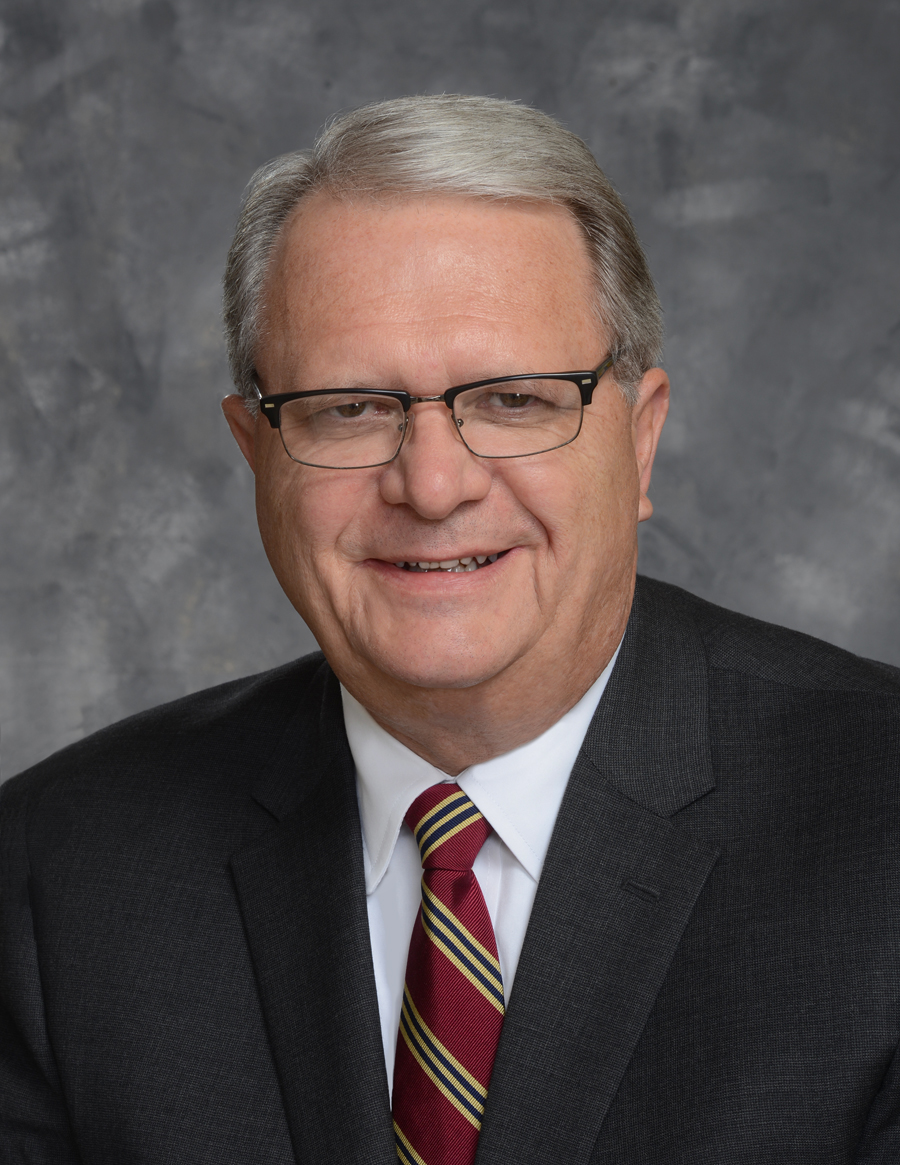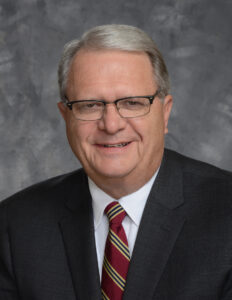(June 16, 2025, DuBois, Pennsylvania) – Suicide occurs everywhere – in large cities, suburban communities and rural areas. One in five adults experience mental illness, and suicide is the second leading cause of death among people ages 10 to 34.
You may not know it, but someone close to you may be struggling with mental health, including thoughts of suicide. If you or someone you know is in crisis, call or text the Suicide Prevention and Crisis Lifeline at 988. The 988 Lifeline is a national network of local crisis centers that provides free and confidential emotional support to people in suicidal crisis or emotional distress 24 hours a day, 7 days a week.
The 988 Lifeline recommends these five steps to help someone in a mental health crisis.
Step 1: Ask and Listen
Be direct. Ask a person if they have thoughts of suicide. When you ask if someone is considering suicide, you are telling them that you are open to talking in a nonjudgmental and supportive way. It can be as simple as asking, “Are you thinking about suicide?” or “How can I help?”
“Research shows that asking at-risk individuals does not increase suicide attempts or suicidal thoughts,” said Kevin R. Patterson, MD, System Wide Medical Director for Behavioral Health for Penn Highlands Healthcare. “Rather, evidence shows that acknowledging and talking about suicide may reduce suicidal ideation.”
It is important to talk openly and be willing to listen and accept the feelings the person expresses. Take their answers seriously. Listen to their reasons for being in pain as well as reasons they want to continue to stay alive, and avoid trying to impose your own reasons.
Do not promise to keep their thoughts of suicide a secret either. Seeking support is important, and lying to them can rupture your relationship.
Step 2: Be There
Helping an at-risk person feel less isolated and more connected to others has shown to be a protective factor against suicide.
You can be there in person, on the phone or any other way that shows you are support. Be sure to follow through with your actions, too. Do not commit to anything you are unable to do.
If you are not able to be there for the person, help them brainstorm who else might be able to be present. Listening is again key. Find out who they believe will be the most effective resource, not who you think is best.
Step 3: Help Them Stay Safe
After you have established an open and direct conversation, you can determine the severity of the danger. Do they know how or when they would kill themselves? Do they have a detailed plan? Have they already done something before talking with you? Do they have access to their planned method?
“The more steps they have in place, the more at risk they are,” said Dr. Patterson. “If they have immediate access to a firearm, prescription drugs or another method, it may be necessary to call for emergency help or drive them to an emergency department.”
Step 4: Help Them Connect and Develop a Plan
Connecting a person at risk for suicide with ongoing support, such as the 988 Lifeline, can help give them a safety net for moments when they are in a crisis. You can also help them identify resources in their community, such as a mental health professional or a support group.
As you help them connect, you can also help them develop a safety plan. What should they do if they experience a crisis? Do they have the 988 Lifeline saved in their contacts? What family or friends can they call?
Step 5: Follow Up
After helping them connect with support and resources in the moment of crisis, be sure to follow up in the hours, days and weeks after to see how they are doing. This will help them continue to feel connected to others and show them that they have people who care about them. It is also a good time to check if they have found the help of a mental health professional or if they need additional help in connecting with a qualified provider.
If you or a loved one is at risk of harm, professional mental health guidance can help. Penn Highlands Behavioral Health staff is trained to not only help the person at risk of suicide but also the family and friends. Penn Highlands Healthcare offers comprehensive inpatient and outpatient behavioral and mental health services at locations throughout Pennsylvania. To learn more, please visit www.phhealthcare.org/bhs.
###
Penn Highlands Healthcare was officially formed in 2011, and is comprised of eight hospitals – Penn Highlands Brookville, Penn Highlands Clearfield, Penn Highlands Connellsville, Penn Highlands DuBois, Penn Highlands Elk, Penn Highlands Huntingdon, Penn Highlands Mon Valley, Penn Highlands Tyrone — that have served area communities for the past 100+ years. Penn Highlands State College, a new hospital, with a patient-centric design and atmosphere, is slated to open in 2024. The health system’s business continuum also includes a home care agency, long-term care facilities and residential senior living communities, as well as durable medical equipment companies and retail pharmacies.
Penn Highlands Healthcare has evolved into an organization with 6,651 workers in 150+ locations throughout 26 counties in Pennsylvania that include community medical buildings, outpatient facilities, surgery centers and physician practices. The facilities have a total of 1,498 inpatient, skilled nursing and personal care beds. The system, which has 827 physicians and 405 advanced practice providers on staff, offers a wide range of care and treatments with specialty units for cancer, cardiovascular/thoracic, neurosurgery, pulmonology, neonatal and high-risk pregnancy patients. Being focused on what is important – patients and families – makes Penn Highlands Healthcare the best choice in the region.




